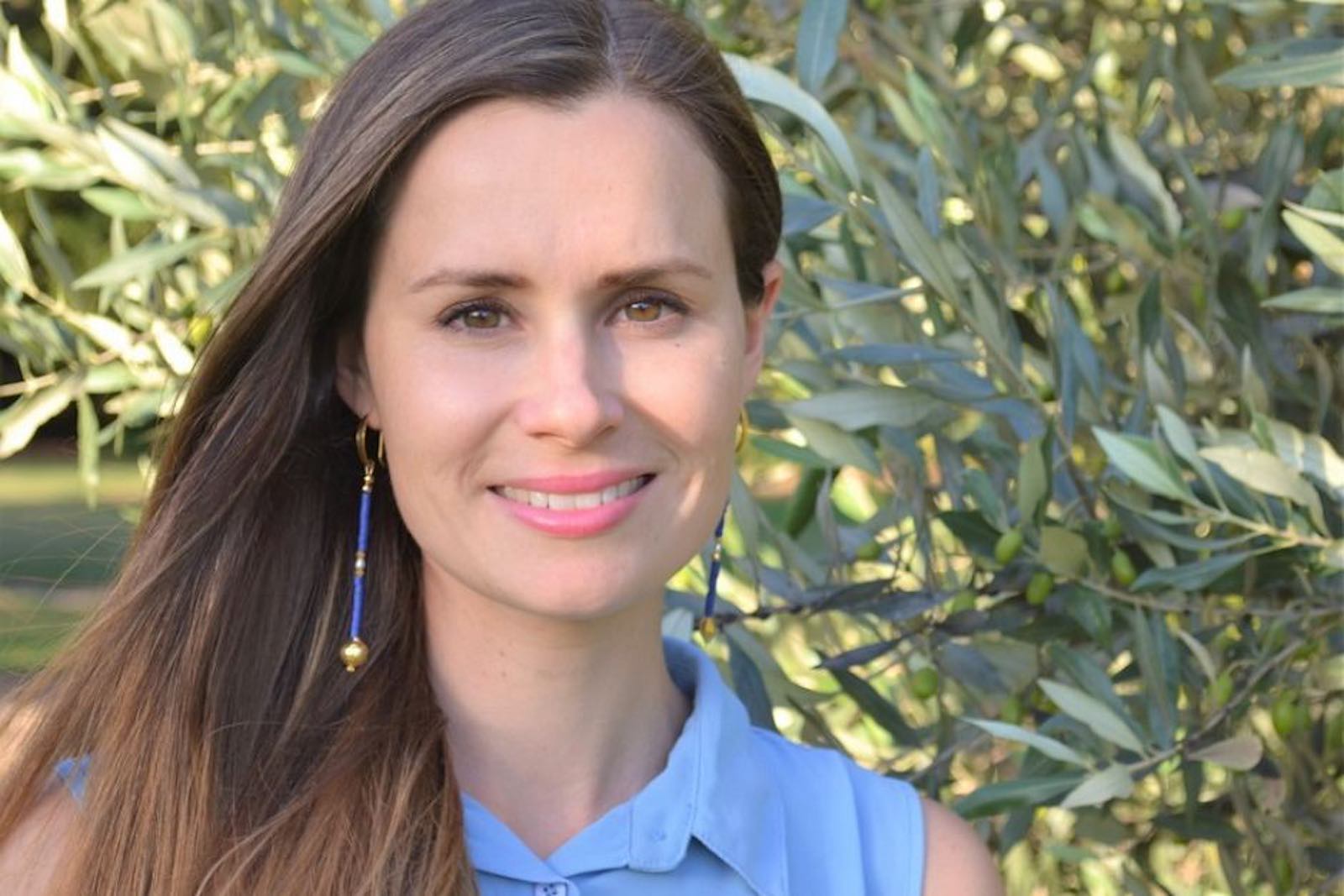Jason Rezaian was correspondent for the Washington Post in Iran from 2012 to 2016 – only for more than 18 months of that time, he was unjustly held in Tehran’s notorious Evin prison, in the same wing where Australian-British academic Kylie Moore-Gilbert is presently locked away on accusations of espionage. A new edition of Rezaian’s book detailing his ordeal – Prisoner: My 544 Days in an Iranian Prison – will be released this week, and I asked him from Washington, where he is now back working for the Post, what more can be done to bring Moore-Gilbert home.
DF: You’ve called for governments to speak more frankly about Tehran’s imprisonment of Australian-British academic Kylie Moore-Gilbert. Can you briefly explain from your own experience why you see this as important?
JR: Actually, I think her family, friends, community, and the Australian media should be the ones raising the alarm bells. I understand that governments can’t speak openly and frankly about certain sensitive topics, especially those that present national security concerns. But in the case of Kylie Moore-Gilbert, based on what I know, as a concerned and experienced observer, the Australian government has failed to improve her circumstances in any demonstrable ways.
She’s still in the same temporary detention facility run by the IRGC [Islamic Revolutionary Guard Corps] that she has been housed in since her arrest. This is the first stop for Iran’s hostages. It’s a place beyond government oversight, run by the IRGC. Her situation is likely much more dire than the government is letting on.
But ultimately governments tend to act in these cases when there is a public uproar. That usually starts with a family and then leads into the media. The government is usually the last party to get involved, and often reluctantly. Others need to force the issue first.
Read the article by Daniel Flitton in The Interpreter.

